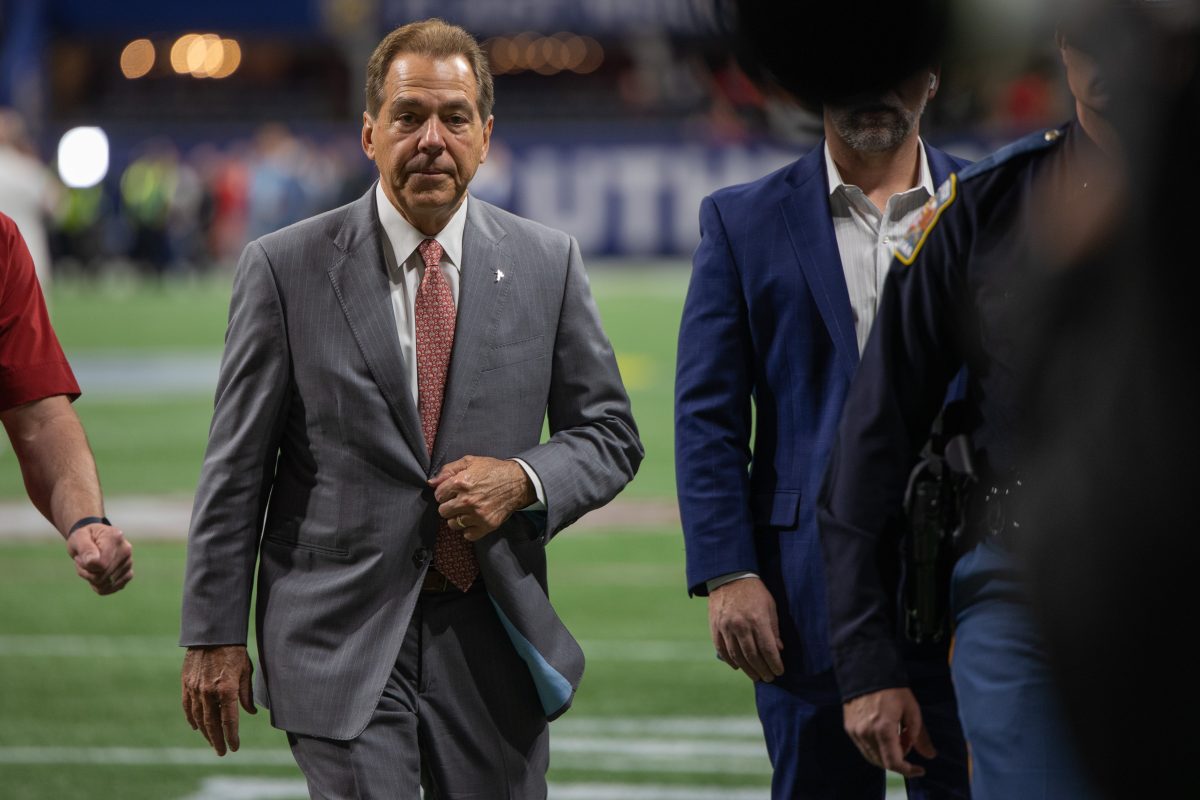More happens during the creation of a show than you would expect. From planning and casting to taking a bow, students and faculty from The University of Alabama’s Department of Theatre are involved in every step.
“For directors, there’s months before we even get to the first rehearsal,” Seth Panitch said. Panitch is the director of MFA and Undergraduate Acting Programs at the University, and a professional director, actor, playwright and screenwriter.
Every director has a different method when approaching the script. Before beginning the rehearsals, there is a process of analyzing the script and casting the show.
“Casting it is a very long and arduous process of either filling roles the way that you see them or allowing yourself to be surprised, and your image of that role can change due to what the actors brought to the audition process,” Panitch said.
When the audition process is completed and the show is casted, rehearsals begin. The approach on how to analyze the script and rehearse can vary depending on the style or genre of the show.
The rehearsal process typically involves a read-through of the play, discussion of the characters, and expanding upon those elements depending on the show’s style.
“We then do what is usually referred to as table work,” said Steve Burch, professor of Theatre History and Playwriting. “This can be anywhere from a day to a week where we sit around a table, literally, and read the play aloud, stopping on various lines. We question what somebody is saying or doing, why they are saying or doing it, and to whom they are saying and doing it. It’s having this organic understanding of what’s motivating each character.”
During rehearsals, time is managed in an efficient manner because there are six weeks to put a show together, and each rehearsal from reading through the script to staging is a critical step to the quality of a live production.
“Rehearsals are going to change director to director and show to show. ‘Lend Me a Tenor’ is a show I started in, and it’s comedic, so you don’t analyze meaning as much as you analyze timing and other things,” David Nicholson said.
Nicholson is a junior majoring in theatre and music production/management and recently starred as Tartuffe in the University’s production of “Tartuffe.”
The staging is what the cast and the director will work on during their rehearsals, but the process of staging also goes much deeper than that.
“The next week is the working week for me,” Panitch said. “Usually, I take two weeks to do this. This is when we take the play and then look at the atomic structure of moments. We look at two or three lines and then question them. If our staging from last week works, we will work on the acting of that moment. But then if it doesn’t, we will fix how that moment happens physically. It is a combination of physical issues and emotional transitional moments that you look at in that working week.”
Beyond the acting of a show is its scenic design. The scene, costume and lighting designers usually read over the script three to five times to have a strong idea about what is needed and how to stylize the show. Designers will have meetings with the director to discuss ideas.
“They look over the script and we then have a meeting to discuss ideas in terms of look and the sound of the show,” Burch said. “I will try to do that in a fairly in a fairly general but focused way, so that they can come up with some plausible ideas and then bring them to me. Theatre is completely collaborative and that extends to everybody.”
Performing onstage for actors requires focus behind stage. Actors need to be attentive to cues, staying in character and staying observant, which can make it an adrenaline-filled experience.
“I am pretty much focused from the start to finish of every show,” Nicholson said. “Once the curtain goes up, I’m always thinking, ‘what’s next?’ Most shows you’re doing you don’t stop thinking and concentrating on what you’re doing until you take your costume off.”
The students know that because of the competitive nature of theatre upon graduation and beyond, that they always have the opportunity to continue to grow and improve their skills. In theatre, there is always room for growth and improvement.
“I know that when I’m sleeping or taking a break that someone out there is getting better than me, getting their dream role, or having that breakthrough or discovery,” said Nolan Corder, a junior majoring in theatre and psychology. “I’m trying to be the best that I can be because whenever my opportunity comes I don’t want to miss it. That’s what inspires me. That’s my drive. I can’t stop because I’ve got get there, and when I get there, I need to keep getting better.”







